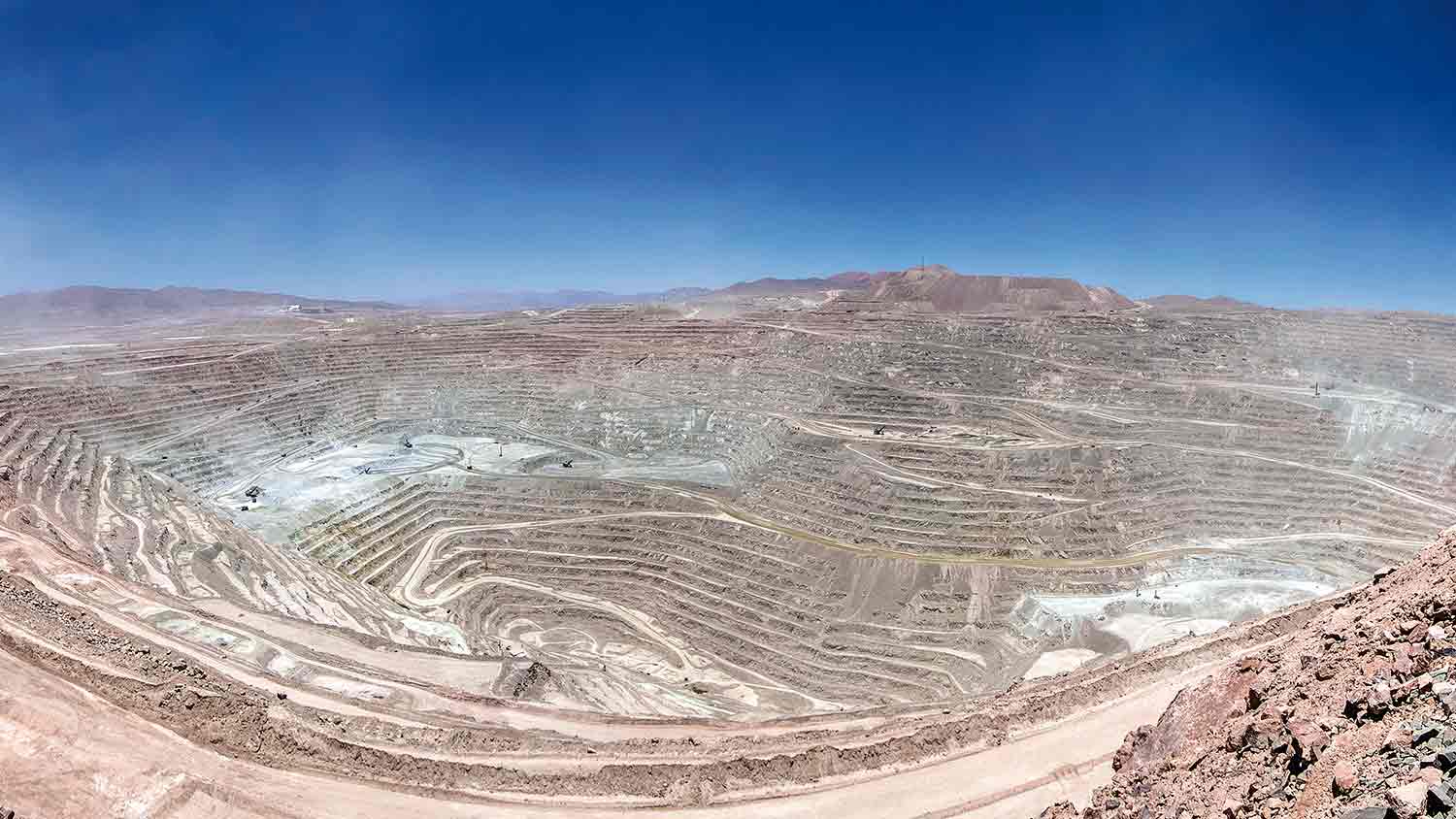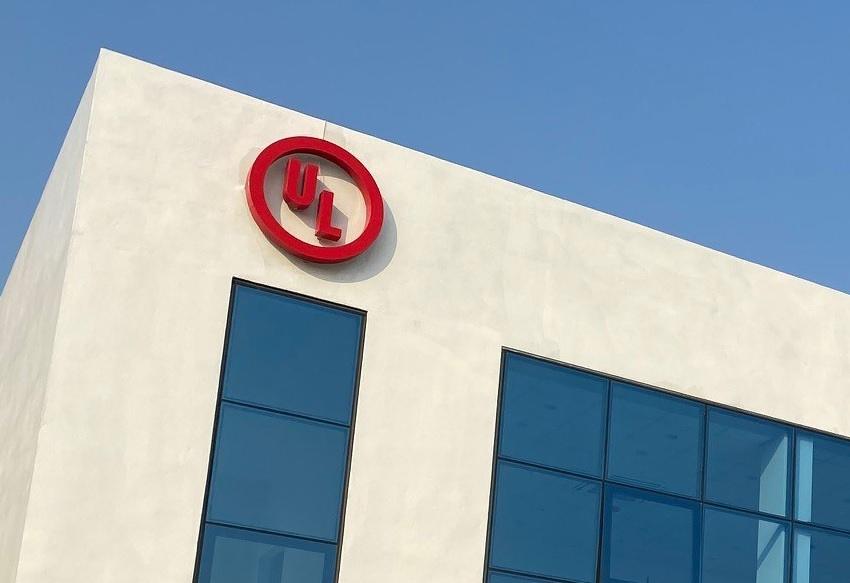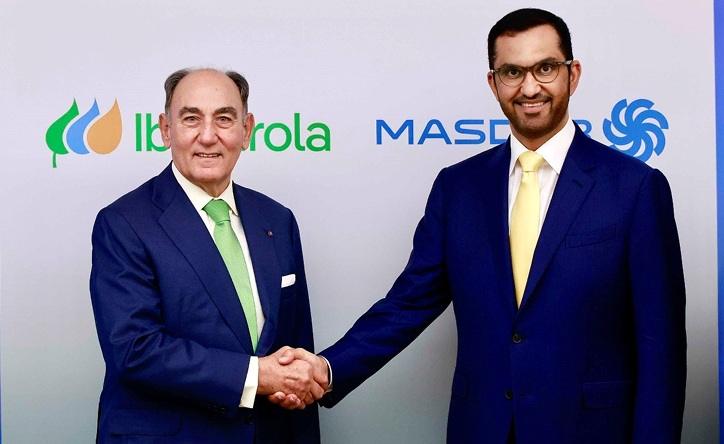BHP’s Updated Emissions Targets Include Scope 3 Actions
Mining, metals and energy giant BHP announced updated emissions targets as part of an update to shareholders on its climate progress and strategy. The new commitments include interim targets for GHG emission reductions, as well as plans to help decarbonise the company’s value chain (i.e., Scope 3).
BHP Chief Executive Officer, Mike Henry, said:
“I’m pleased today to show how we are accelerating our own actions and helping others to do the same in addressing climate change. We see ourselves as accountable to take action. We recognise that our investors, our people and the communities and nations who host our operations or buy our products have increasing expectations of us – and are responsive to these.”
BHP’s new commitments include:
- A medium-term target to reduce operational greenhouse gas emissions by at least 30% from adjusted FY2020 levels by FY2030.
- Scope 3 actions to contribute to decarbonisation in BHP’s value chain. In the steelmaking market, efforts include supporting the industry to develop technologies and pathways capable of 30% emissions intensity reduction, with widespread adoption expected post-2030. In transportation, the company will support a 40% emission intensity reduction in chartered shipping of BHP products.
- Strengthened linking of executive remuneration to delivery of BHP’s climate plan. Remuneration will be partially connected to reductions in operational GHG emissions, and medium and short term actions taken on the path to net zero operational emissions and Scope 3 emissions.
- Insight into the performance of BHP’s portfolio in a transition to a 1.5°C scenario.
BHP stated that it supports the aim of the Paris Agreement to limit global warming to well below 2°C above pre-industrial levels, and pursue efforts to limit warming to 1.5°C. The company has already set long-term climate goals including achieving net zero operational (Scope 1 and 2) emissions by 2050, and a short-term target to maintain operational emissions at or below FY2017 levels by FY2022, using carbon offsets as required.
Henry added:
“Our approach to climate change is defined by a number of key requirements. Our actions must be of substance. They must be real, tangible actions to drive emissions down. We must focus on what we can control inside our business, and work with others to help them reduce emissions from the things that they control. To create long-term value and returns over generations, we must continue to generate value and returns within the strong portfolio we have today, while shaping our portfolio over time to benefit from the megatrends playing out in the world including decarbonisation and electrification.
“Our portfolio is well positioned to support the transition to a lower carbon world aligned with the Paris Agreement. Our commodities are essential for global economic growth and the world’s ability to transition to and thrive in a low carbon future. Climate change action makes good economic sense for BHP and enables us to create further value.”





